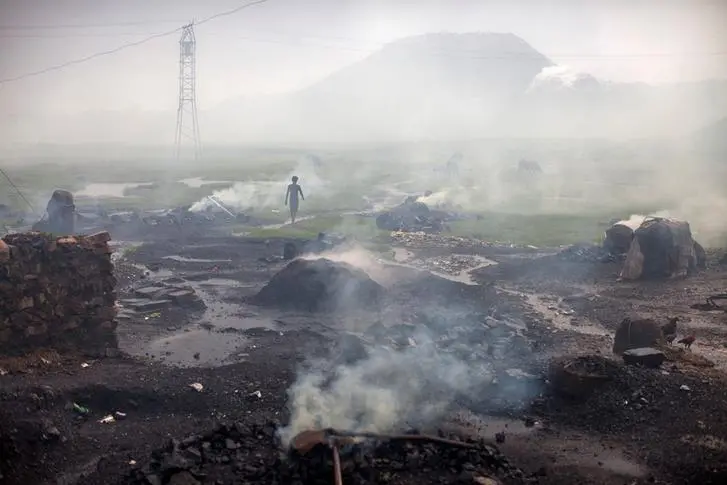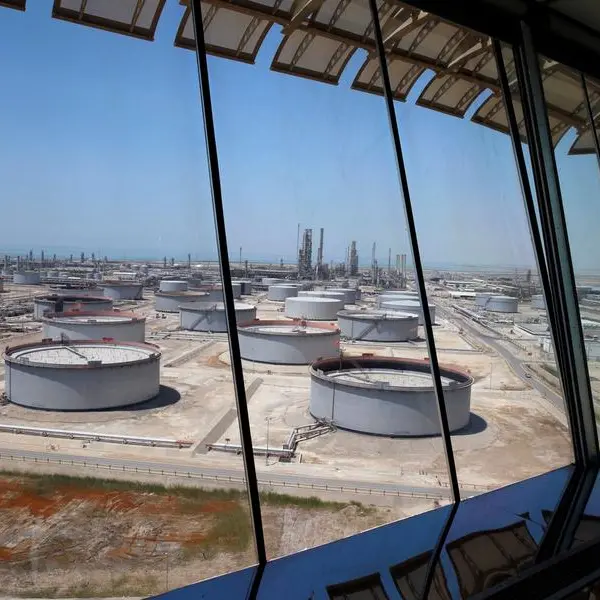PHOTO
Record green energy output reduced Indian dependence on coal in May, despite 23.5% growth in power demand, contributing to a rise in utilities' coal inventories, a Reuters analysis of government data showed.
Surging supply from renewables will go some way towards mitigating India's coal shortage amid extraordinarily rapid growth in demand, which has forced the country to reopen mines and return to importing the fuel.
The share of renewable energy sources in power output rose to 14.1% in May from 10.2% in April. Coal made room for it, dropping to 72.4% of Indian generation from 76.8%.
Coal's share was still higher than 70.9% in May 2021, however.
Power shortages, driven entirely by demand and not declines in supply, narrowed to 0.4% of requirements in May. This compared with 1.8% in April, an analysis of daily load despatch data from federal grid regulator POSOCO showed.
Demand in the financial year to March 2023 is expected to grow at the fastest pace in at least 38 years.
Utilities' coal inventories at the end of April were at their lowest levels in years, but they rose 6.3% in May to 23.3 million tonnes, helped by renewables stepping up to carry more of the national electricity load.
Climate activists have blamed a delay in installation of renewable energy capacity for the April power shortfalls, the worst electricity crisis in more than six years. India, the world's third-largest greenhouse gas emitter, is 37% short of its target for end-2022 green electricity capacity.
Electricity demand in May was 23.5% higher than in the same month last year and up 11.9% on May 2019, the data showed.
Wind energy generation, which typically picks up from May and tapers in August, was 51.1% higher in May than a year before, while solar power output increased 37.8%, the data showed. Generation from all renewable sources rose 44.1% from a year before, the fastest pace in at least 30 months.
Analysts say the respite from power cuts in May is temporary and India's power crisis is unlikely to be resolved soon. India faced its worst power cuts in over six years in April.
"Officials also know very well that monsoons impact mining and transport. Yet, no preemptive action was taken to resolve this crisis," the Centre for Research on Energy and Clean Air (CREA) said in a note last month.
"A lower pre-monsoon coal stock at power stations indicates the possibility of another power crisis in July-August 2022," the CREA said.
Because demand peaks during the daytime, higher generation from solar, India's main renewable energy source, is particularly important for easing the strain on an ageing fleet of coal-fired power stations. It also conserves coal for night-time generation and reduces pressure on the rail network. (Reporting by Sudarshan Varadhan; Editing by Bradley Perrett and Bernadette Baum)
Reuters





















